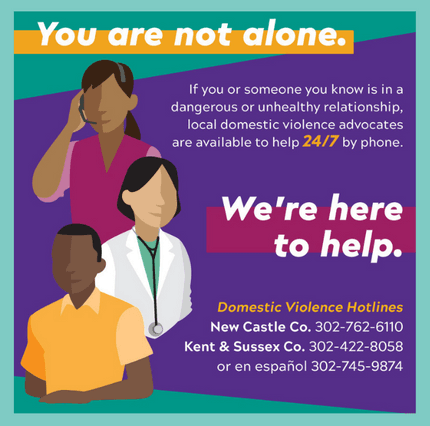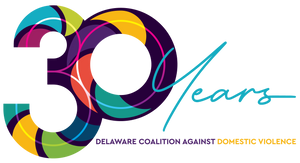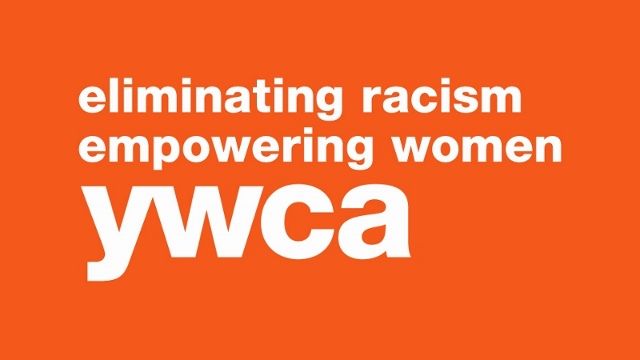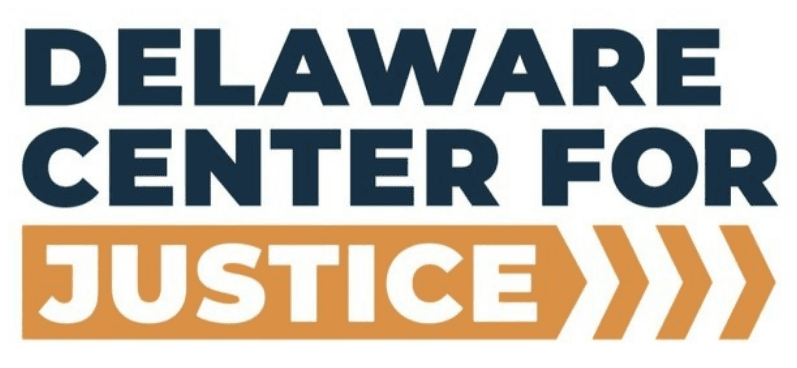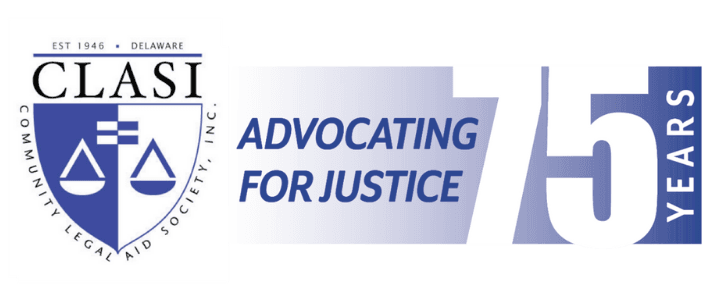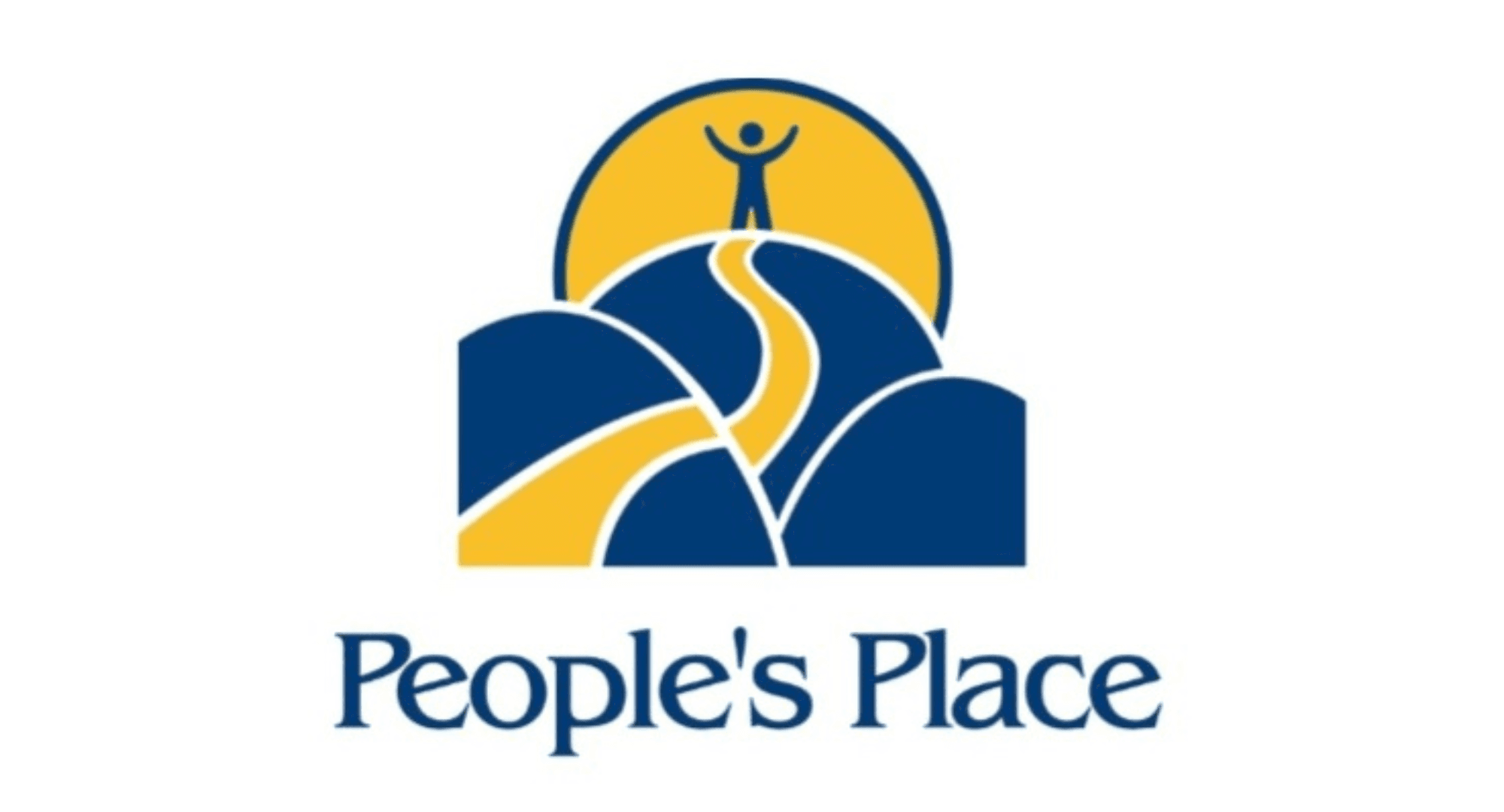Expanding the Definition of Intimate Partner Violence, Economic Abuse, & VAWA
Professor Dana Harrington Conner
Director of the Delaware Civil Law Clinic & Co-Director of the Family Health Law & Policy Institute, Widener University Delaware Law School
In March of this year, President Biden signed the Violence Against Women Act (VAWA) Reauthorization Act of 2022 (hereinafter the “Act”). See White House Briefing Room fact sheet. One of the important changes to the Act was the modification of how domestic violence is defined as it relates to services for survivors.
The prior definition of domestic violence under VAWA was narrow in scope, including only felony or misdemeanor crimes of violence. This prior definition was consistent with our legal system’s overemphasis on criminal behavior to the exclusion of other forms of intimate partner violence.
The revised VAWA definition of domestic violence still covers felony and misdemeanor crimes and, in the case of victim services, now includes “the use or attempted use of physical abuse or sexual abuse, or a pattern of any other coercive behavior committed, enabled, or solicited to gain or maintain power and control over a victim, including verbal, psychological, economic, or technological abuse that may or may not constitute criminal behavior…”. Read the Violence Against Women Act Reauthorization Act of 2022.
This expanded definition is significant, as it acknowledges that domestic and intimate partner violence is wide-ranging and complex. In 2014, I published an article on this very issue titled Financial Freedom: Women, Money, and Domestic Abuse in the William and Mary Journal of Women and the Law. See Financial Freedom: Women, Money & Domestic Abuse, 20 W&M J. Women & L. 339 (2014) (reprinted in Women and the Law, 2015 Edition).
In the article, I examine the connections between gender, violence, and money, concluding that financial abuse plays a major role in restricting the freedom of survivors of intimate partner violence and is a powerful link that binds an individual to their abuser.
The 2022 revisions to VAWA also explain that financial abuse takes many forms, including but not limited to, controlling or restraining an individual’s ability to “acquire, use, or maintain economic resources.” This can occur when a domestic or intimate abuser engages in certain behaviors such as nonconsensual access to electronic information, harassment, threats, intimidation, or manipulation in order to restrict or control an individual’s employment or access to money, assets, credit, or financial information.
For example, taking control of a partner’s wages or interfering with their employment by calling or showing up during working hours can compromise that individual’s job security. Such behaviors have long-term negative ramifications on future employment, security, and the independence of a survivor. In turn, financial instability is one of the greatest reasons why, after gaining freedom, a survivor has limited choices and is vulnerable to an abuser’s attempts at reconciliation.
By expanding our definition of domestic and intimate partner violence we can better understand what abuse is, identify it more easily, and, in turn, intervene when needed. The next step is to determine what interventions are the most effective. For instance, civil protection from abuse orders can provide preventative measures to keep a survivor physically safe, while also providing financial resources such as economic support, housing, and access to property to ensure long-term positive outcomes for survivors and their children. Civil interventions enable those who engage in abusive behaviors to maintain employment and engage in treatment programs. By mandating treatment for the accused our legal system may be able to reduce recidivism rates overall. Moreover, when the accused is able to work they are also able to pay support and restitution which is beneficial to the survivor, their children, and society. Finally, rigorous enforcement of these orders, including the economic remedies, is our path to empowering survivors and disempowering those who commit acts of domestic and intimate abuse.
Information links and resources:
The National Domestic Violence Hotline is available at 1-800-799-7233.
For legal assistance for survivors in Delaware contact the Legal Help Link.
For resources and to get help here in Delaware visit here.
